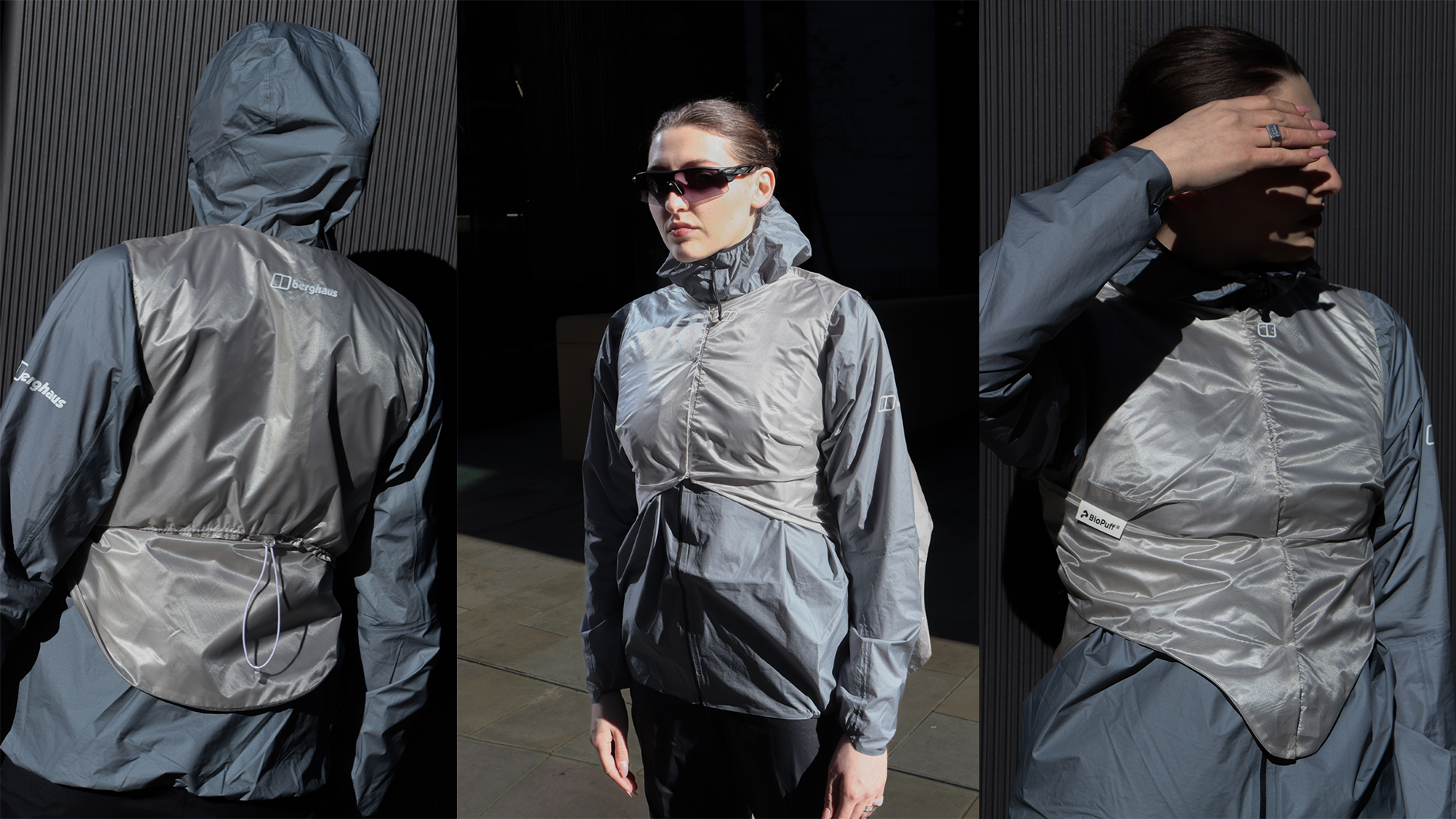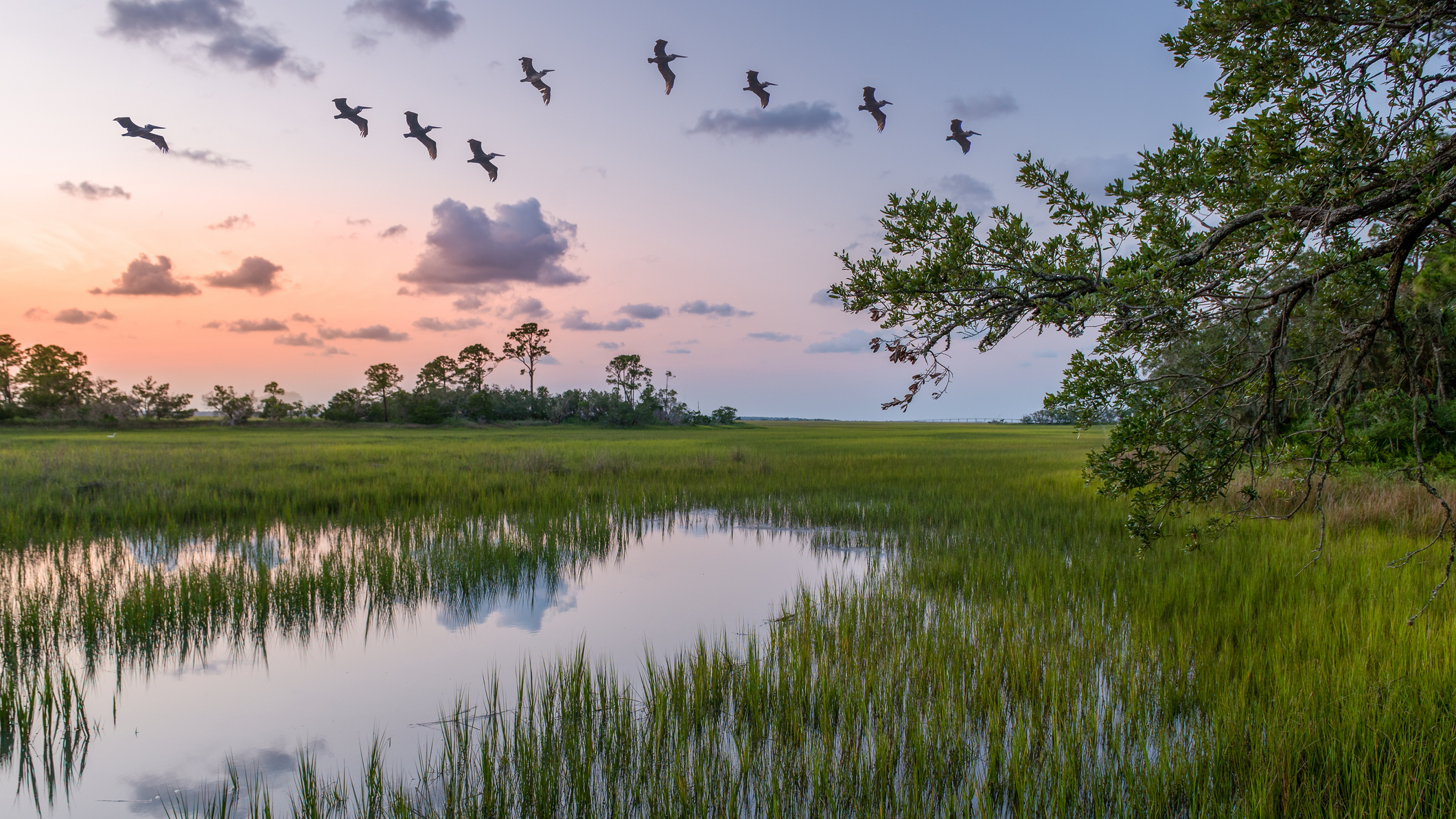Plant powered padding? This new design concept from Berghaus features insulation derived from wetland regeneration
The 'biomaterial' is made from plants used in regenerative farming practices, which seek to restore wetlands worldwide

If you love the outdoors, chances are you've given more than a passing thought to the conflict between updating worn out kit, while still minimising your impact on the planet.
Manufacturers have been working hard on this issue, with many increasing their use of recycled materials, offering repair schemes, and more.
Now outdoor brand Berghaus has gone one step further, unveiling a design that uses insulating plant fibers derived from regenerative farming practices.
The company has joined forces with biomaterials firm Ponda to create a concept product that aims to demonstrate how outdoor clothing can move beyond harmful materials and have an actively positive effect on the environment.
The insulated women's jacket uses Ponda's BioPuff wadding, with removable sections so wearers can adapt to changing weather. Instead of using feathers or synthetic fillers, Ponda's BioPuff insulation is sourced by extracting the fibers of plants that aid wetland regeneration.
Wetlands are very effective carbon sinks. Despite covering only 5% to 8% of Earth's surface, they hold some 225 billion metric tons of carbon dioxide (CO2).
Known as paludiculture farming, BioPuff's regenerative production process helps to restore wetlands by sequestering carbon and 're-wetting' areas.
Advnture Newsletter
All the latest inspiration, tips and guides to help you plan your next Advnture!

Ponda claims that BioPuff production uses 88% less CO2 than goose down and 19% less than synthetic materials.
Berghaus's concept design will be used as the inspiration for a BioPuff line of insulating outdoor gear, due to launch this autumn. After the initial release, Berghaus hopes to increase its BioPuff range season-on-season.
"For regenerative materials to become industry standard, collaboration is essential," a company spokesperson said.
"The aim of Ponda and Berghaus is not to make small changes, but to reshape the way textiles are made through a model that works with nature, not against it."
The clothing industry is a major contributor to the climate crisis, responsible for an estimated 1.2 billion tonnes of carbon emissions each year; about 10% of global emissions.
For more on sustainable gear, check out our guide to eco-friendly hiking clothes.
- The best hiking shorts: tested and rated for summer adventures
- The best hiking shirts: choose one of these great fitting active tops with bags of technical clout

Will Symons developed his love of the outdoors as a student, exploring every inch of Sussex’s South Downs national park and wild swimming off the Brighton seafront. Now a Staff Writer for Advnture, Will previously worked as a freelance journalist and writer, covering everything from cricket to ancient history. Like most Advnture staff, Will’s time is rarely spent indoors, he can often be found hiking, wild swimming or playing cricket.
